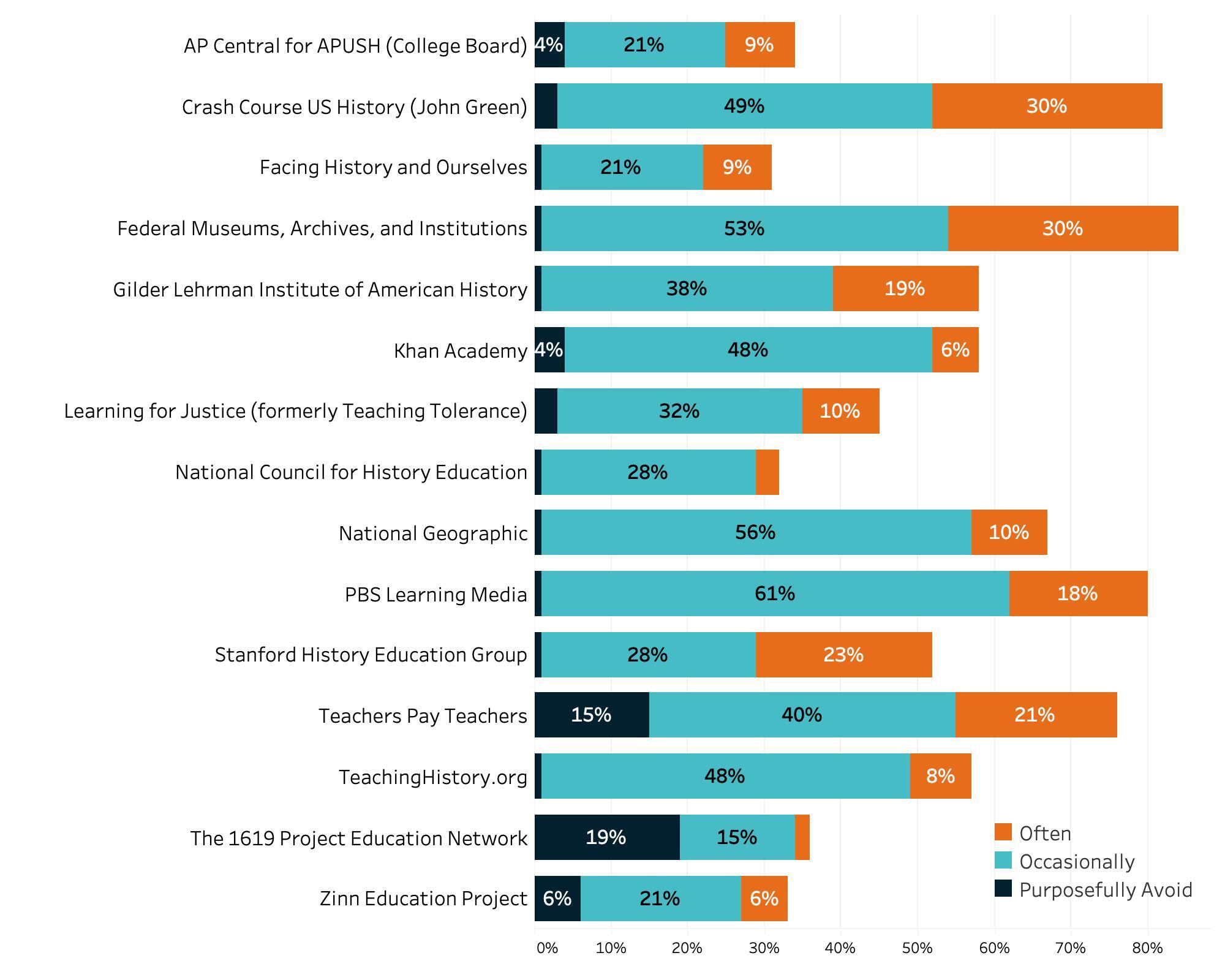The American Historical Association has published American Lesson Plan: Teaching US History in Secondary Schools, a groundbreaking journey through curriculum mandates and classroom practices in our nation’s public schools. The report draws on the most comprehensive study of secondary US history education undertaken in the 21st century. AHA researchers appraised standards and legislation in all 50 states, conducted a survey of over 3,000 middle and high school US history educators, interviewed over 200 teachers and administrators, and reviewed thousands of pages of instructional materials from small towns to sprawling suburbs to big cities. A key takeaway: the AHA did not find indoctrination, politicization, or classroom malpractice.
Since 2020, a contentious debate over history education has generated outrage, wild claims, and a growing sense of alarm in homes and communities across the country. State legislators, school board members, pundits, and parents have proposed a dizzying array of potential solutions even as few seem to agree on either the root cause or the nature of purported crises in public schools. Overheated rhetoric threatens the professional integrity of teachers and exacerbates partisan polarization. The loudest voices frequently focus on what they believe students learn in the classroom, and at least 20 states have enacted legislation or taken executive action imposing restrictions on the content of history instruction.
This political theater and vigorous debate lack an important element: evidence drawn from careful research. While scholars and journalists issue periodic reviews of textbooks and state standards, no research team had attempted a thorough analysis of the full picture—the what, how, and why of middle and high school US history instruction.
In 2022, the American Historical Association (AHA) launched the most comprehensive study of the national US history teaching landscape undertaken in the 21st century. We wanted to know what is actually happening in public school classrooms across the country. Are teachers distorting history or indoctrinating children? Careful research transcends the heat and noise surrounding history instruction and enables us to provide a helpful and reliable source of information to parents, administrators, legislators, journalists, historians, and the many other stakeholders invested in the future of public education.
American Lesson Plan distills insights gathered during a two-year exploration of secondary history education, combining a 50-state appraisal of standards and legislation with a close examination of local contexts in nine states. We commissioned a survey from NORC at the University of Chicago of over 3,000 middle and high school US history educators, conducted long-form interviews with over 200 teachers and administrators, and collected thousands of pages of instructional materials from small towns to sprawling suburbs to big cities. The US education system—diverse, devolved, and divided—could never be captured by the blunt slogans that have dominated sensationalist media and drawn attention from even more careful observers.
What did we learn?
1. Secondary US history teachers are professionals who are concerned mostly with helping their students learn central elements of our nation’s history. Teachers want students to read and understand founding documents to prepare them for informed civic engagement. They also want students to grapple with the complex history and legacies of racism and slavery. These goals are entirely compatible. We did not find indoctrination, politicization, or deliberate classroom malpractice.
2. Teachers make important curricular decisions with direct influence over what students are expected to learn. Despite legislative interference, the localized influence of state-mandated assessment, and efforts to standardize instruction, history teachers retain substantial discretion over what they use in their daily work.
3. Free online resources outweigh traditional textbooks, which are unlikely to stand at the center of history instruction. While publishers pitch digital licenses and tech tools to districts, teachers instead make prolific use of a decentralized universe of no-cost or low-cost online resources. US history teachers rely on a short list of trusted sites led by federal institutions including the Library of Congress, the National Archives, and Smithsonian museums.
Reported Teacher Use and Avoidance of Selected Educational Resources

Response data from the survey question (n = 2,278): “How often have you used the free teaching resources listed below?” Other possible responses include “never heard of this,” “heard of this but have never used,” and “not sure I’ve heard of this.”
4. Room for improvement remains. A lack of resources, instructional time, and professional respect are among the clearest threats to the integrity of history education across the United States. Many of the teachers in our sample wished for more time and opportunity for professional learning focused on historical content—in essence, what happened, how, and why. If there is any wholly inaccurate message being sent by our public schools to millions of students and their families, it is that history is not important enough to command time, attention, and public resources.
Speculation and outrage do little to address the many challenges our schools confront on a daily basis. American Lesson Plan provides a solid evidentiary foundation for policies directed toward teaching history with the professional integrity and qualifications that help students grow into informed participants in a vibrant democracy. It is time to get serious about history education.
James Grossman, AHA executive director, said, “This report establishes a factual basis for the debate over history education that has attracted attention from state legislators, school boards, parents, and media across the country. Perhaps too much attention, as there has been—until now—far more heat than light. Our goal is to provide empirical evidence and rigorous analysis to inform current debates over how history is taught in our schools.”
No comments:
Post a Comment